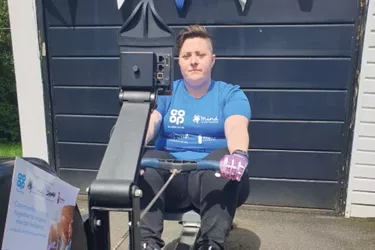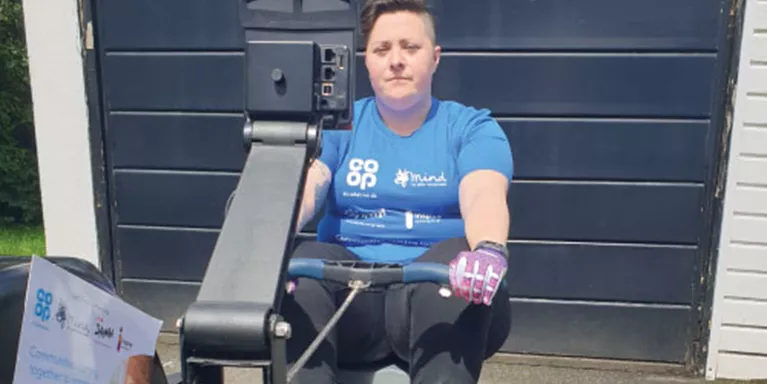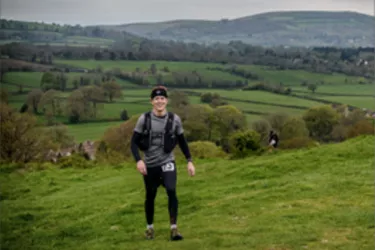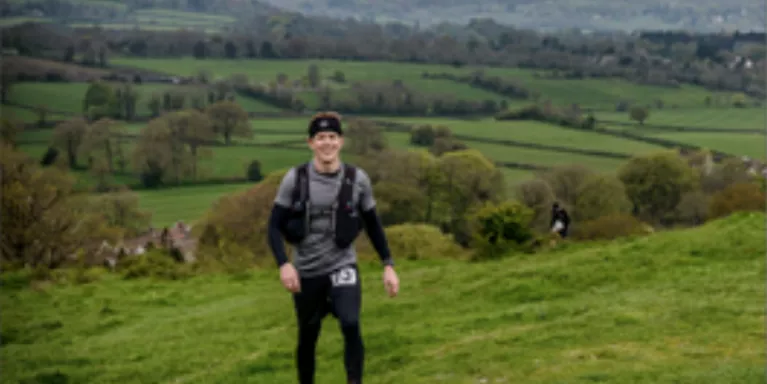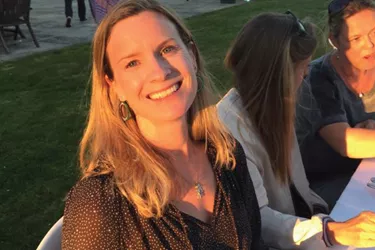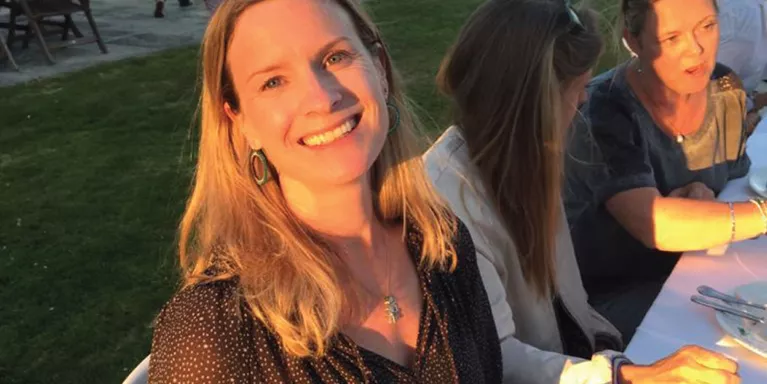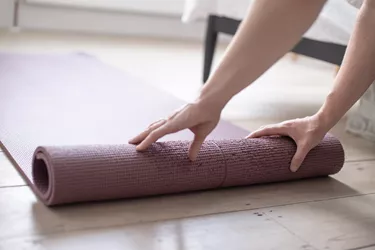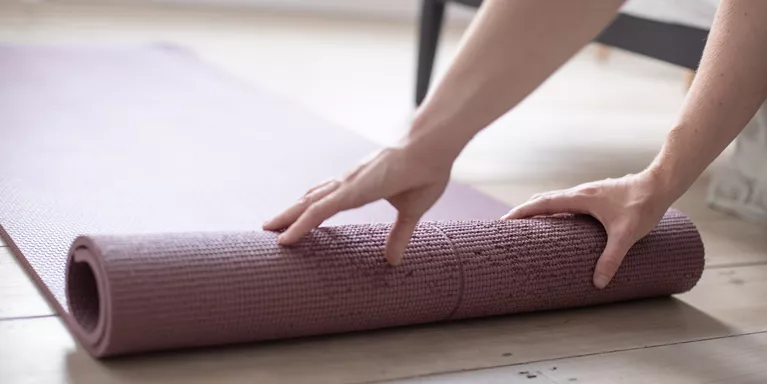I rowed 184 miles to my parents' home for Mind
Elaine, who battles anxiety, was missing her mum and dad in lockdown. So she set herself a fundraising target on her rowing machine.
During lockdown, I really missed my parents who live 184 miles (296km) away in Wiltshire. They are both vulnerable and I didn’t know when I would be able to see them again. That’s when I decided to row the distance from my home in Preston to their home in Wiltshire to raise money for Mind.
I have battled with anxiety for several years now, so I was already aware of Mind and wanted to raise money for them, and I am delighted that Co-op is supporting Mind as It’s national charity partner. I thought this challenge would capture people’s imaginations and help raise awareness of how being separated from family and friends in lockdown can affect your mental health. Whilst being away from my parents is quite normal for me, them being in lockdown caused me a lot of concern. They live in a rural part of Wiltshire and I had to organise their food shopping and groceries, which is some undertaking when you live so far away.
I was training for a strongwoman competition before lockdown and when the gyms closed, I decided I needed a challenge to make sure I continued to train. I have found over the years that I need a target or goal in order to stay consistent with training, and that staying active helps me to manage my anxiety.
I set myself a challenge to cover the 184-mile distance to my parents over the last week of July, rowing 42,285m a day.
I set myself a challenge to cover the 184-mile distance to my parents over the last week of July, rowing 42,285m a day – which took four and a half hours each day. My original target was to raise £500 for Mind, but I have now raised over £1,500!
I have probably always suffered with anxiety. I have been described on more than one occasion as “highly strung” and I have always been overly controlling when it comes to organising my (and my partner’s) time. I only really realised I suffered from anxiety whilst working for the police taking emergency calls. The job itself was stressful, but it was the shift work that started to antagonize a pre-existing migraine condition. As my absences started to increase, so too did my anxiety and worries about my job and people’s perceptions of my work ethic.
My migraines increased, I had daily headaches, suffered insomnia, was self critical, emotional and felt incredibly alone.
These worries started to creep into all aspects of my life until most situations would be over-thought or over analysed (most of the time unnecessarily). At the time I really didn’t understand why so many things were upsetting me, and trying to explain how I was feeling to those closest to me became more difficult. My migraines increased, I had daily headaches, suffered insomnia, was self critical, emotional and felt incredibly alone. It was at this point I made the difficult decision to hand in my notice and give myself some time to let my mind heal.
It was fortunate timing that I quit my job in the police without another job in sight, as shortly afterwards my mum fell very ill and was admitted to the intensive care unit. Recognising that I was not in a healthy headspace and stepping away from my career gave me time to travel to be with my parents and spend time with my mum in hospital (who is now fully recovered). I would have never had this opportunity had I ignored my feelings and not been open about my mental health.
Shortly after, I started working for Co-op Funeralcare. This has meant I have continued to work during lockdown. This has prevented my anxiety creeping back as my routine has not been significantly different. Working on the frontline has been difficult at times, but I am lucky to have many tools under my belt for dealing with stressful and emotionally draining situations due to my previous role, so feel I have coped well with the extra strain that Covid-19 has brought us. I can talk quite articulately to my partner and close friends about my mental health these days which has in itself prevented any major wobbles over the last few months.
The support and generosity that I received whilst training and fundraising for the challenge was fantastic.
The support and generosity that I received whilst training and fundraising for the challenge was fantastic. I have had times during my training and the event week when I struggled both physically and mentally. Sitting on the rowing machine for hours at a time has meant a lot of time in my own head, and even though I usually had a playlist on or a film they were not usually distracting enough to stop my mind from wandering. This has always been the hardest part for me to manage with my anxiety; finding a way to have a calm brain.
There is always a scenario or train of thought that will ping into my head which I may then ruminate on. I’ve learnt over the last few months that if I am not in the right headspace to sit and train to not try to push through it; to go off and do something else for a while and come back to the training/task when you are more positive. The session/task will then be completed more successfully – and usually quicker.
Since embarking on this challenge, I have found that I am more open about my previous experiences of mental health problems and I have encouraged others around me to share if they are struggling and seek support if they need it. If my challenge has positively influenced just one person, it has been worthwhile.


Information and support
When you’re living with a mental health problem, or supporting someone who is, having access to the right information - about a condition, treatment options, or practical issues - is vital. Visit our information pages to find out more.
Share your story with others
Blogs and stories can show that people with mental health problems are cared about, understood and listened to. We can use it to challenge the status quo and change attitudes.










